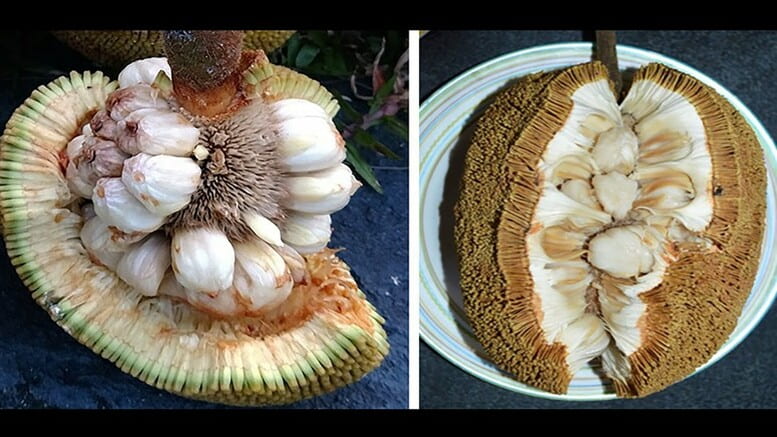Northwestern plant biologists have determined that a species of fruit-bearing tree found in Borneo and the Philippines, initially considered by Western botanists to be a single species, is actually two genetically distinct species. The Iban people, indigenous to Borneo, refer to the two trees as lumok and pingan.
The paper, titled “Engagement with indigenous knowledge improves our understanding of biodiversity and promotes the conservation of both,” was published this week in the journal Current Biology. The research team was led by Elliot M. Gardner, a Ph.D. student in the Program in Plant Biology and Conservation (offered jointly by Northwestern and the Chicago Botanic Garden) when the study was conducted. Nyree Zerega, director of the Program in Plant Biology and Conservation, is the study’s senior author.
“This work highlights the necessity for local community engagement to understand and preserve biodiversity and indigenous knowledge,” Zerega said.
In order to determine the taxonomy of the tree, scientists took DNA samples from trees in Malaysian Borneo and from historical herbarium specimens. They used phylogenetic analyses and DNA microsatellites to show that the lumok and pingan are closely related but genetically distinct species.
Learn more about the study in Northwestern Now’s story “Genetic analysis of tree confirms what Indigenous people of Borneo knew.”

